
The phase 1b KOMET-001 trial, examining the use of KO-539 in patients with relapsed or refractory acute myeloid leukemia, will continue following authorization from the FDA.

Your AI-Trained Oncology Knowledge Connection!


The phase 1b KOMET-001 trial, examining the use of KO-539 in patients with relapsed or refractory acute myeloid leukemia, will continue following authorization from the FDA.

Patients with chronic lymphocytic leukemia treated with fixed duration venetoclax/rituximab may experience prolonged disease control vs bendamustine/rituximab.
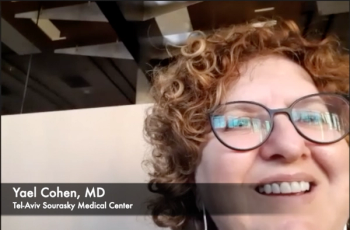
In an interview with CancerNetwork®, Yael Cohen, MD, discusses how treatment with ciltacabtagene autoleucel resulted in a high rate of minimal residual disease negativity in patients diagnosed with lenalidomide-refractory multiple myeloma.

The CheckMate 9X8 trial did not hit the primary end point of progression-free survival superiority with nivolumab plus standard of care vs standard of care alone in metastatic colorectal cancer.

The observational GALAXY study found that use of a ctDNA assay could help determine which patients with colorectal cancer stand to benefit the most by receipt of adjuvant chemotherapy.

Treatment with trastuzumab deruxtecan produced promising efficacy results for patients with HER2-positive metastatic colorectal cancer.

Results from a phase 1/2 study showed that a combination of encorafenib, cetuximab, and nivolumab was well tolerated and yielded promising responses in patients with microsatellite stable BRAFV600E metastatic colorectal cancer.
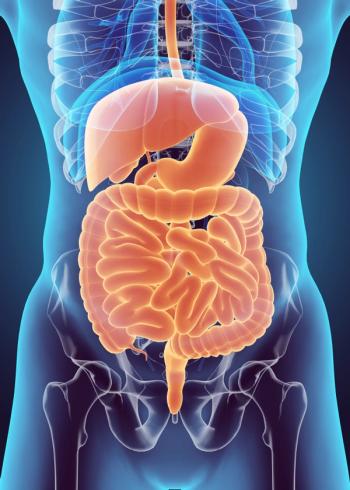
Although the combination of regorafenib and pembrolizumab failed to meet significance for progression-free survival, an improvement in overall survival and disease control were observed for patients with microsatellite stable colorectal cancer.

Pembrolizumab, binimetinib , and bevacizumab led to deep and durable responses for patients with microsatellite-stable, treatment-refractory metastatic colorectal cancer.

Patients with KRAS-mutant metastatic colorectal cancer who were treated with a combination containing onvansertib had a tolerable safety profile.
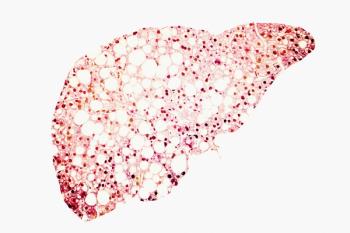
Patients with advanced hepatocellular carcinoma achieved notable improvements in survival and responses following treatment with transarterial chemoembolization and lenvatinib.

Interim results of a phase 2 trial found a safe toxicity profile for olaparib plus pembrolizumab in advanced cholangiocarcinoma.

The quality of life was maintained for patients with esophageal cancer plus including gastroesophageal junction adenocarcinoma when treated with pembrolizumab plus chemotherapy.
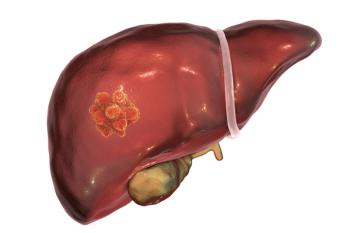
A safe and tolerable treatment option of transarterial chemoembolization combined with lenvatinib plus sintilimab was given to patients with hepatocellular carcinoma.

Nivolumab in combination with chemotherapy was beneficial vs chemotherapy alone in patients with gastric or gastroesophageal junction cancer at a follow-up of at least 24 months.

Using transarterial chemoembolization, lenvatinib, and PD-1 checkpoint blockade in patients with unresectable advanced hepatocellular carcinoma appears to be a safe and effective option.
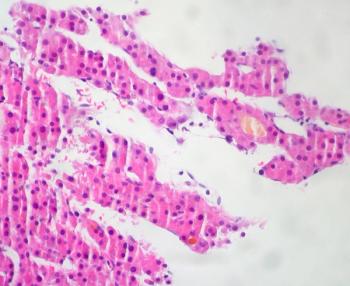
A multicenter study found that using lenvatinib for initial treatment helped to increase survival in patients with stage B2 hepatocellular carcinoma.

Although sintilimab improved overall response rates and maintained a tolerable safety profile for patients with metastatic or recurrent pancreatic adenocarcinoma, it did not improve overall or progression-free survival.
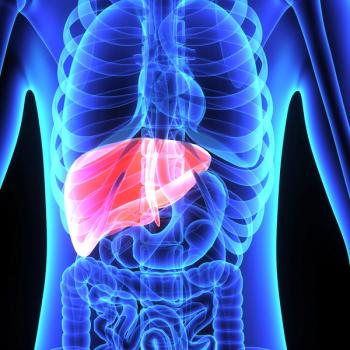
Patients with advanced hepatocellular carcinoma achieved a statically significant and clinically meaningful survival benefit following treatment with pembrolizumab and best supportive care in the second line.

Patients with biliary tract cancer who were given the adjuvant oral fluoropyrimidine derivative S-1 had better overall survival compared with surgery alone.

Updated results from a cohort of the KRYSTAL-1 trial spotlight the potential of adagrasib for patients with previously treated KRAS G12C¬–mutant gastrointestinal tumors.

Risks of skin-related adverse events from nivolumab may be predicted by the presence of Arthrobacter and fatty acid metabolism pathways in the gut microbiome of patients with advanced gastric cancer.

Adding pembrolizumab to chemotherapy does not improve outcomes over chemotherapy alone in patients with advanced gastric or gastroesophageal junction adenocarcinoma, according to updated results of the KEYNOTE-062 trial.
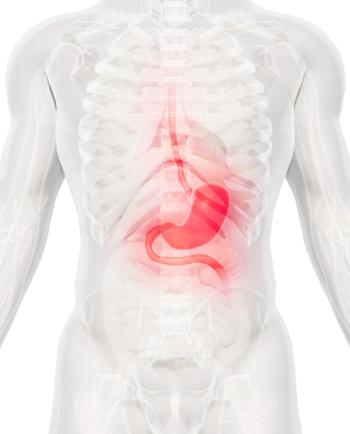
Patients with resectable microsatellite instable/mismatch repair–deficient oeso-gastric junction adenocarcinoma experienced a high rate of pathologic complete response following treatment with neoadjuvant nivolumab and ipilimumab followed by adjuvant nivolumab.
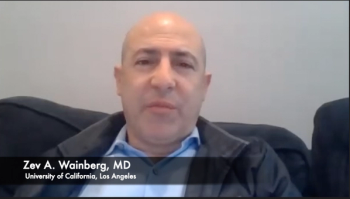
In an interview with CancerNetwork® during the 2022 Gastrointestinal Cancer Symposium, Zev A. Wainberg, MD, discussed key updates from the phase 3 KEYNOTE-062 trial, examining pembrolizumab plus or minus chemotherapy for patients with advanced gastric and gastroesophageal junction adenocarcinoma.

Patients saw an improvement in overall survival when given fam-trastuzumab deruxtecan-nxki to treat HER2-positive gastric cancer or gastroesophageal junction adenocarcinoma.

Looking forward, Andrzej Jakubowiak, MD, PhD, anticipates CAR T-cell therapy with ciltacabtagene autoleucel will establish its place across various indications for multiple myeloma.
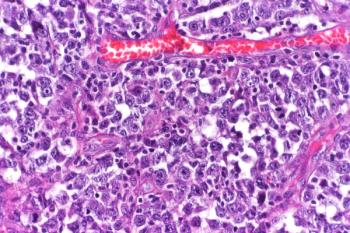
This review article discusses which frontline treatment are best for diffuse large B-cell lymphoma.

The Japan Ministry of Health, Labour and Welfare granted approval to the KRAS inhibitor sotorasib for the treatment of adults with KRAS G12C–mutated non–small cell lung cancer.

Patients 70 years or older that received neoadjuvant chemotherapy and radical cystectomy had better overall survival than those undergoing radical cystectomy alone.